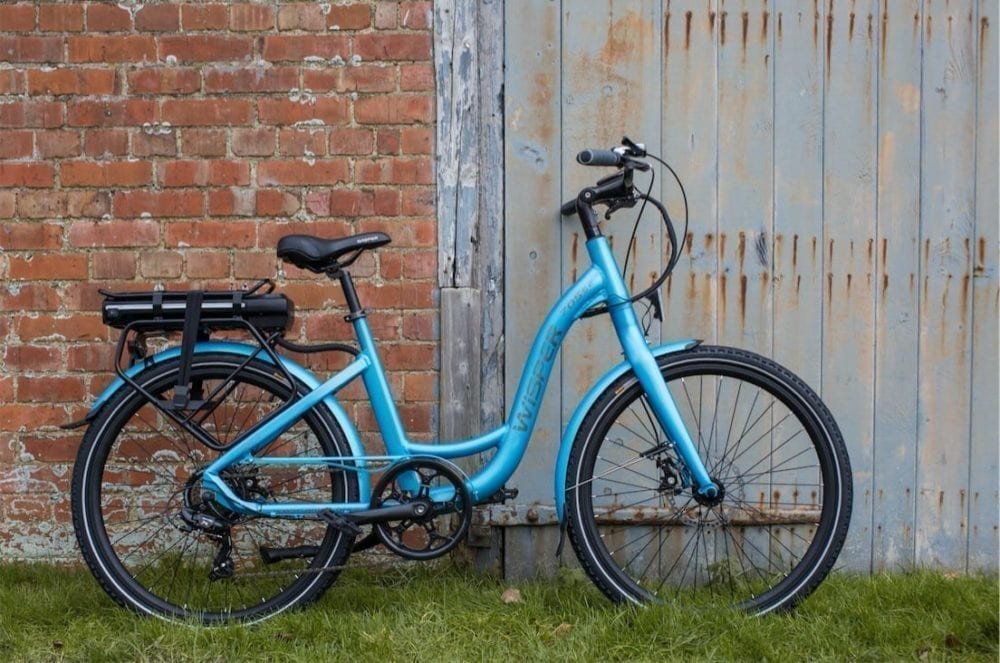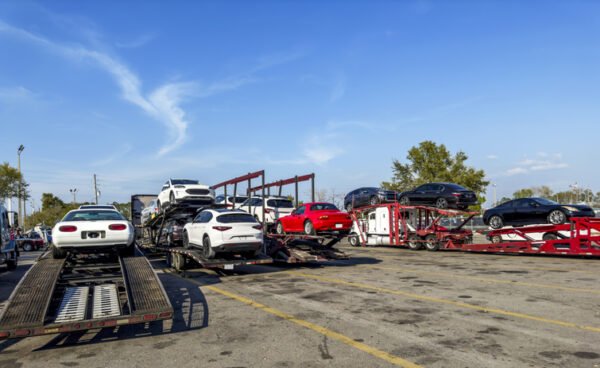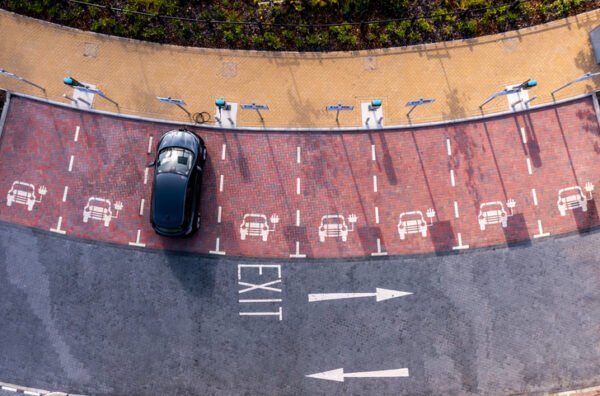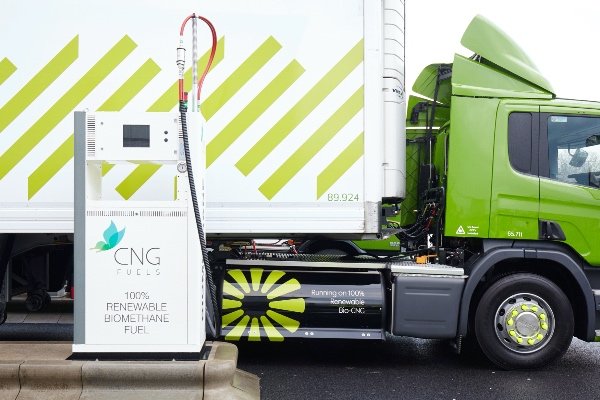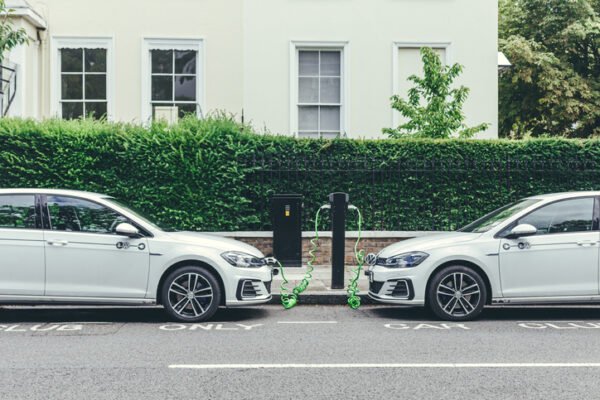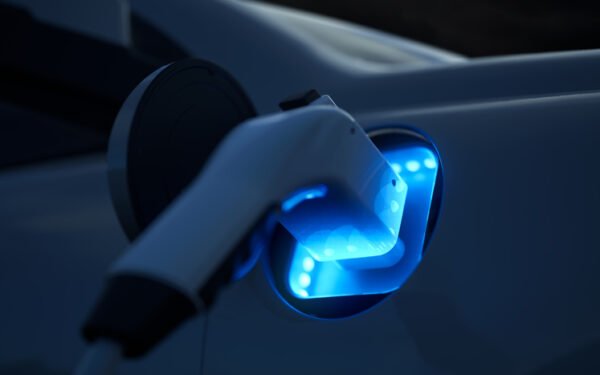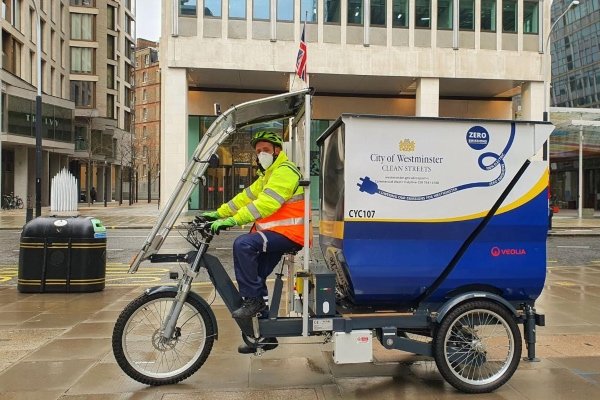This article appears in the spring issue of MyGreenPod.com Magazine, distributed with the Guardian on 07 April 2017. Click here to read the full digital issue online.
What’s not to love about electric bikes? They address all the things that put people off cycling in one clean, green, effortless go.
Not fit enough to get up the hill home? No problem – just sit back and the motor will give your legs a hand. Don’t want to arrive at your destination all hot and sticky? Fear not – the assistance will kick in as soon as you start pedalling, which could be long before you’re close to working up a sweat.
Here’s why the Wisper 705 SE with Step-through frame has been crowned a MyGreenPod Hero.
HOW E-BIKES WORK
There are two broad kinds of electric bike on the market: the more basic models work with a cadence sensor, which triggers the electric assistance when it detects the rider is turning the pedals. When the rider stops pedalling, the assistance stops.
More sophisticated e-bikes combine cadence sensors with additional pressure sensors, which read the level of force applied to the pedals and adjust the motorised assistance accordingly. ‘It’s not a free ride’, warns David Miall, managing director of AMPS Electric Bikes (manufacturer of Wisper bikes); ‘the rider must be pedalling for the assistance to kick in.’
The benefit of an e-bike is that a rider can choose exactly how much effort they want to put in; an electric bicycle will give a rider assistance on journeys of up to 75 miles. Once you’re moving you can take your electric bike anywhere you’d ride a standard bike and it will go just as fast – though UK and European law forbids motorised assistance at speeds higher than 15.5mph.
‘Wherever there’s a road or track’, David tells us, ‘there is an e-bike that’s perfect for the job – from very serious downhill mountain bikes, which can command up to £10,000 for the latest carbon models, to light and nimble city and trekking bikes starting at around £1,000.’
When you’ve finished riding you simply plug the bike into a wall socket, as you would a laptop or phone, and it’ll be fully charged in about 4.5 hours – adding about 20p to your electricity bill.
REFINING DESIGN
Wisper was one of the very first brands of e-bike to appear in the UK, and David admits that the first electric bike he sold, back in the summer of 2005, ‘sounded a little like a milk float on steroids’. While the benefits of e-bikes have always been clear to see, the design and usability have required fine tuning.
Over the last 12 years all components – from the frame to the motor – have been refined, and today Wisper Torque models are among the most quiet, powerful and sophisticated electric bikes on the market.
The goal was to develop a practical, stylish and affordable range of bikes designed for everyday use: the motor is now all but silent and nestles neatly and unobtrusively behind the rear gears. ‘For day-to-day commuting, getting about town or riding down country lanes, our bikes are ideal’, David tells us.
The design is proving a hit; ‘Our customers include children of 14 riding to school, young parents in Chelsea going about their daily business, commuters, motorhome owners, octogenarians and people who simply want to improve their fitness and help reduce pollution in our cities’, David says.
With six e-bikes in the Wisper range – including a folding bike and a traditional crossbar bike – Wisper seems to have the ideal model for everyone.
 Play Video about This Rock Might Just Save The World
Play Video about This Rock Might Just Save The World Play Video about Play 2 hours of rock
Play Video about Play 2 hours of rock Play Video about Play 2 hours of brook
Play Video about Play 2 hours of brook Play Video about Play 2 hours of sheep
Play Video about Play 2 hours of sheep

















